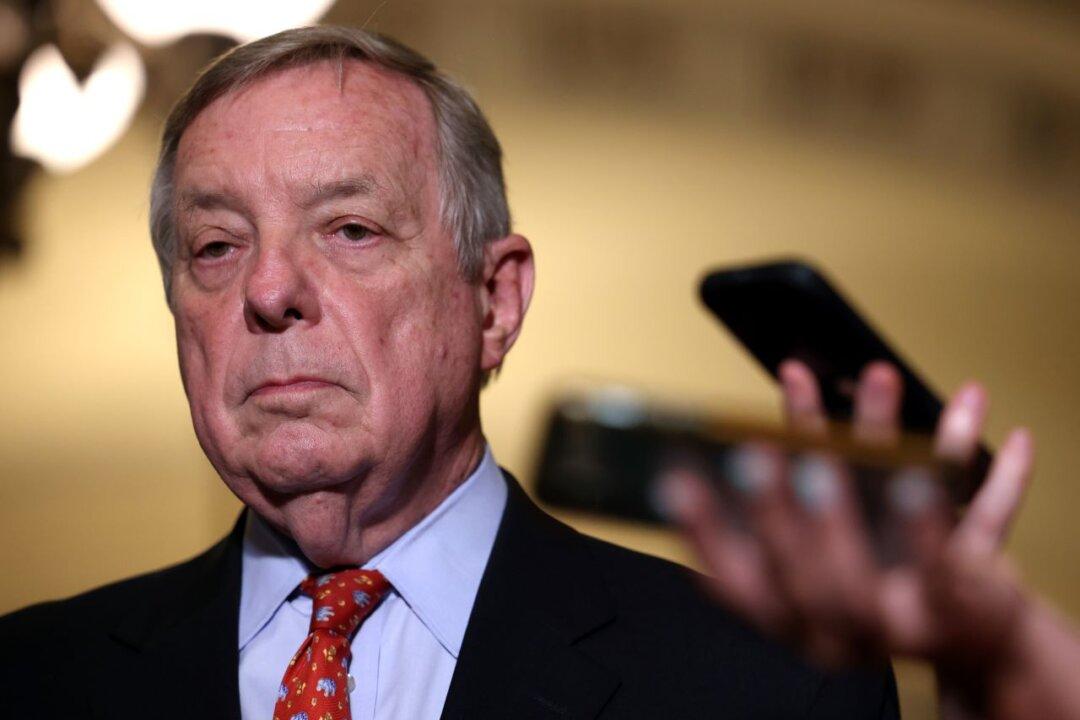The Democrat-controlled Senate Judiciary Committee canceled for a third time a scheduled vote on issuing subpoenas against two private citizens connected to conservative Supreme Court justices.
The scuttling of the committee’s business meeting on Nov. 16 came after the Supreme Court unexpectedly unveiled a code of conduct for the nine justices on Nov. 13. Several justices had publicly expressed support for the idea.





